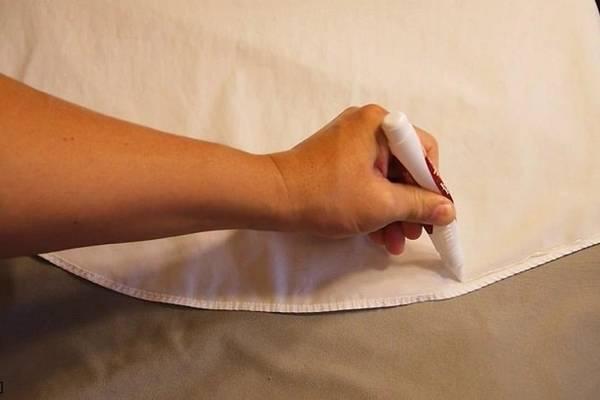Patrocinado
Who Is Protected Under New Jersey's Domestic Violence Laws?
Domestic violence is a pervasive issue, and New Jersey’s domestic violence laws aim to protect individuals from harm in intimate, familial, or household relationships. The Prevention of Domestic Violence Act (PDVA) of 1991 lays the foundation for who qualifies for protection under these laws, ensuring that victims of abuse have access to legal remedies and safety measures. Here’s a closer look at who is covered under Domestic Violence Help New Jersey protections.
Spouses and Former Spouses
Marital relationships, whether ongoing or ended, are explicitly protected under New Jersey’s domestic violence laws. Spouses who experience abuse from their current partner can seek legal protection. Similarly, individuals who have divorced their abusive partner remain eligible for protective measures, as domestic violence can persist even after a marriage ends.
Dating Partners
New Jersey law recognizes that dating relationships, regardless of the length or commitment level, can involve abusive dynamics. Protection extends to anyone who has experienced abuse from a current or former dating partner. This inclusion is critical, as domestic violence often occurs in non-marital relationships, particularly among younger populations.
Family Members
Domestic Violence in New Jersey also extend to family members, whether related by blood, marriage, or adoption. This category includes parents, children, siblings, and other relatives who share a household or familial bond. The law acknowledges that abuse is not limited to romantic relationships but can occur in broader family dynamics.
Individuals Who Share a Child
Even if two people are not married or dating, having a child together establishes a relationship under New Jersey law. Any individual who shares a child with an abuser is eligible for protection, ensuring the safety of both the victim and the child involved. This provision is crucial in cases where parenting arrangements might otherwise force continued interaction between the victim and the abuser.
Household Members
The PDVA also includes protections for individuals who currently live together or have lived together in the past. This provision applies to roommates, extended family members, and others who share or have shared a residence with the abuser.
Minors and Vulnerable Adults
While the primary focus of domestic violence laws is on adult victims, minors and vulnerable adults who face abuse within these qualifying relationships are also protected. Child Protective Services and other agencies often intervene in such cases to ensure the safety of children and dependents.
Legal Recourse for Victims
Victims of domestic violence in New Jersey can seek Temporary Restraining Orders (TROs), which provide immediate protection, and Final Restraining Orders (FROs), which offer long-term security after a court hearing. These orders can mandate the abuser to cease contact, leave shared residences, and face criminal charges where applicable.
New Jersey’s domestic violence laws prioritize inclusivity, recognizing that abuse can affect anyone regardless of marital status, gender, or family structure. These protections aim to ensure that victims in diverse relationships can seek safety and justice without fear.
Categorias
Leia mais
With its mix of regular fixings and expected benefits, it’s no big surprise why it’s acquired fame among men hoping to upgrade their sexual encounters. Notwithstanding, it’s vital for use alert and talk with a medical services proficient prior to beginning any new enhancement routine, particularly on the off chance that you have hidden medical issue or are taking drugs....

In recent years, the fabric glue market has seen remarkable growth, fueled by diverse applications in fashion, crafting, home décor, and even industrial sectors. The expansion of the market is driven by the increasing demand for versatile, easy-to-use, and non-toxic adhesives. Fabric glue offers an alternative to sewing, providing strong bonds for textiles without the need for needles or...



